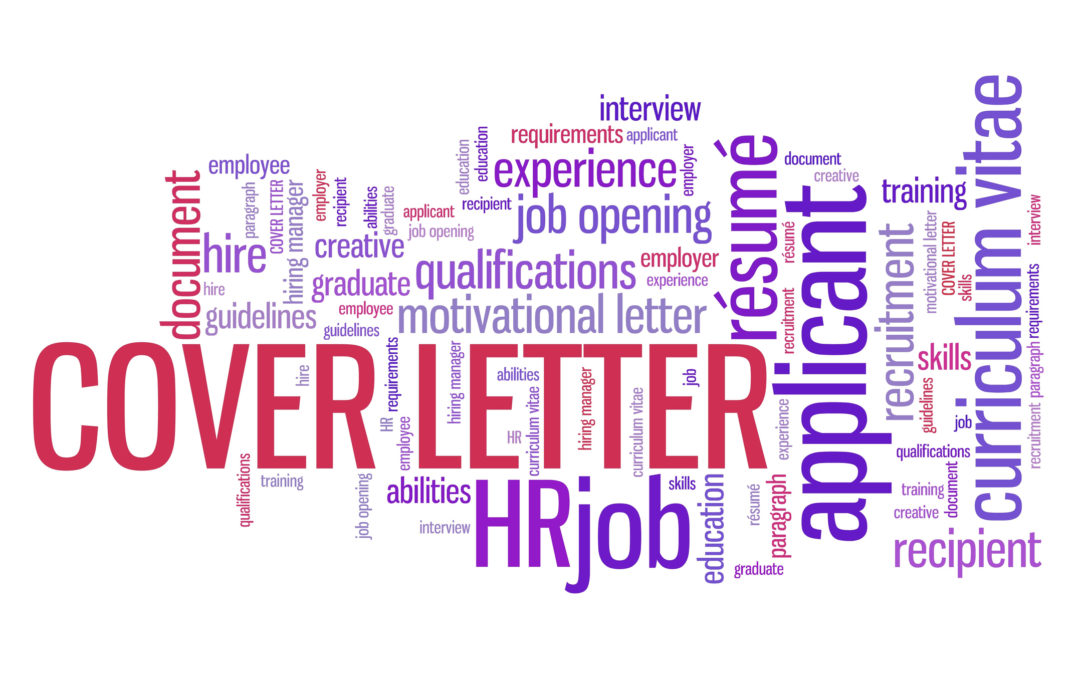A study conducted by ResumeGo, a leading resume writing service, found that job seekers that included a cover letter customized to the position they are applying for, had greater chances of success. Job seekers that submitted a cover letter experienced a callback rate that was 53% greater than that of candidates that did not include one.
Why a Good Cover Letter is Important?
If you are a job seeker applying for a position you really want, the lack of a cover letter can hurt your chances of getting the job.
Shattering the misconception that hiring managers rarely read cover letters, the study mentioned above discovered that hiring managers valued them and included them in their decision-making process.
A good cover letter is important to create a good first impression. Further, a well-written one conveys the value that you can offer to the organization. And it provides an opportunity to describe your unique skillset and your personality to hiring managers as they relate to the specific position.
If you do it well, hiring managers can assess your interest and understanding of the position.
Goals of a Good Cover Letter
The goal of a cover letter is to create a positive impact on the hiring manager and elevate the status of your job application in the employment hierarchy. It also serves as an effective introduction to your resume, conveying your skills and your interest in the job.
While a cover letter is important, it is a customized one that delivers the required impact. 81% of recruiting professionals surveyed in the above study said they preferred customized cover letters to generic letters. Moreover, a generic letter could reduce the chances of job success of a candidate, according to the same study.
Structure of a Good Cover Letter
The Introduction or Opening Paragraph
- A concise opening is the key. State the job position you are applying for. Mention how you came to know about the job.
The Middle Paragraph
- This is where you market yourself. Describe the qualifications that make you the best fit for the job. Also, be sure to describe the experience you have had that is related to the position.
- Be specific. Explain your skills and accomplishments that match the position, and how these can translate into great value for the company.
- Include any specific knowledge of the organization and role that you may have acquired through research. This shows your interest and the efforts you have invested for the role. And be sure to mention why you are interested in the position.
The Closing Paragraph
- End the letter indicating your plan of action, including a request for an interview.
- Include your phone number in this paragraph.
- Take the time to thank the prospective employer for considering your job application for the advertised role.
- Limit your cover letter to 3 or 4 paragraphs. In addition, do not go over a single page.
Cover Letter Tips – What Not to Do
- Do not exaggerate your skills or other details. In other words, be honest and stick to the facts.
- Do not be generic in your description of skills. Customize the letter to the job position you are applying for.
- Do not make an error in addressing the employer. Know their name and designation and address them with accuracy.
- Do not use different paper stocks for your cover letter and your resume.
- Do not go overboard with vocabulary or format. Stick to a business format and keep the language simple.
- Do not omit your contact information.
- Do not submit the letter without carefully proofreading it. Check for grammatical and punctuation errors. After that, check it again.
In Conclusion
A customized and compelling cover letter increases your chances of obtaining your dream job.
You may also be interested in Landing a Good Job in a COVID World.

